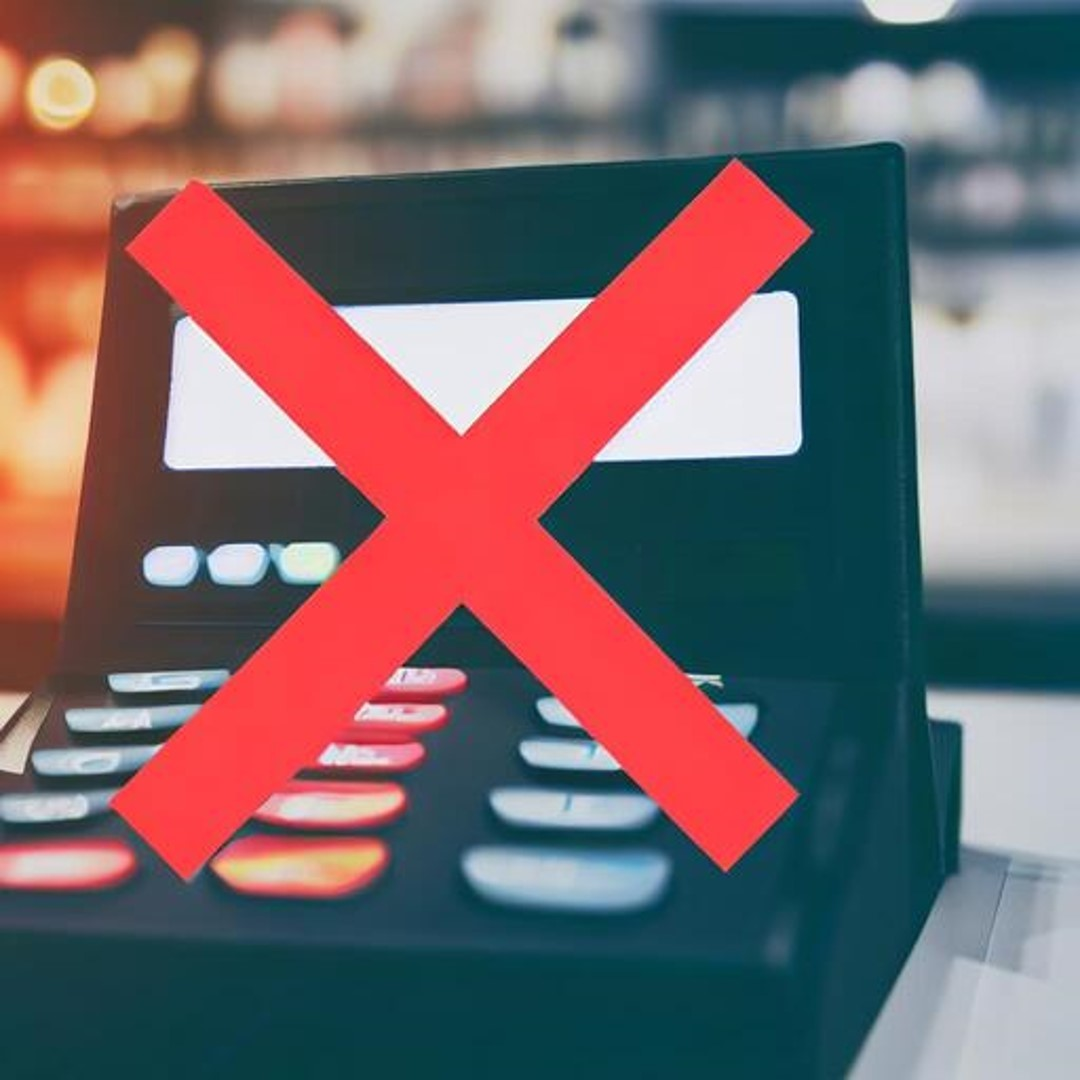Wrongful trading occurs when company directors continue trading while knowing or should have known that there is no real prospect of avoiding insolvent liquidation. This legal issue can have significant implications for directors as they may be held personally liable for the company’s debts and face other serious consequences.
In this article we will explore wrongful trading in-depth including examples, legal duties, defences, and the potential impact on the company’s creditors. It is crucial for directors of struggling businesses to understand the concept of wrongful trading and take appropriate action to protect themselves and their stakeholders.
Quick Links
What is Wrongful Trading?
Wrongful trading refers to the act of continuing to trade as a director of an insolvent company without a reasonable prospect of avoiding insolvency. This means that the company is unable to pay its debts as they fall due, and it is essential for directors to assess the company’s financial position regularly.
Examples of Wrongful Trading:

- Ignoring Worsening Financial Indicators: Directors must remain vigilant in monitoring the financial health of the company. Failing to take action when there are clear signs of financial distress, such as increasing company debts, declining cash flow, and persistent losses, can lead to allegations of wrongful trading.
- Continuing Trading Despite Insolvency: Directors should cease trading immediately if they become aware or should have known that the company is insolvent. Continuing to accept orders, incur new debts, or undertake financial commitments can expose directors to allegations of wrongful trading.
- Failing to Seek Professional Advice: When faced with financial difficulties, directors have a duty to seek advice from insolvency practitioners or legal professionals. Failing to do so and exacerbating the company’s financial situation can contribute to a claim of wrongful trading.
Legal Duties and Consequences:
Directors have important legal responsibilities when it comes to preventing wrongful trading and ensuring the financial health of their company. Failure to fulfil these duties can have severe consequences. The primary duty is to act in the best interests of the company and its creditors, especially when the company is facing financial problems. Directors must exercise reasonable care, skill, and diligence in managing the company’s affairs and making informed decisions.
They should closely monitor the company’s financial position, keeping a watchful eye on its solvency. If the directors become aware or ought to have known that there is no reasonable prospect of avoiding insolvency, they have a duty to stop trading immediately to prevent further losses to the creditors.
Breaching these legal obligations can lead to personal liability, compensation orders, disqualification, and damage to personal and professional reputation, as discussed in the previous section. Therefore, directors must understand and fulfil their legal obligations to avoid the potential legal and financial ramifications associated with wrongful trading.
Consequences of Wrongful Trading
- Directors found guilty of wrongful trading may face significant consequences and legal liabilities. It is crucial for company directors to understand the potential repercussions of engaging in wrongful trading practices. Here are some of the main consequences that can arise:
- Personal Liability: One of the most severe outcomes of wrongful trading is that directors may be held personally liable for the company’s debts. If it is determined that a director continued trading while knowing or should have known that there was no realistic prospect of avoiding insolvency, they can be required to contribute to the company’s assets. This means that directors may have to use their personal funds or assets to compensate the company’s creditors for the losses incurred due to the wrongful trading.
- Compensation Orders: In addition to being held personally liable for the company’s debts, directors may also be subject to compensation orders. These orders are designed to ensure that the creditors who have suffered financial harm due to the wrongful trading are appropriately compensated. Directors may be required to make payments or provide assets to compensate for the losses suffered by the creditors.
- Disqualification: Another consequence of wrongful trading is the potential disqualification of directors from acting as company directors for a specified period. Disqualification orders can be issued by the court if the director’s conduct is deemed unfit or falls below the standards expected of a director. Disqualification can severely impact a director’s professional reputation and future career prospects, as it prohibits them from holding directorial positions during the disqualification period.
- Damage to Personal and Professional Reputation: Wrongful trading allegations and subsequent legal actions can lead to significant damage to a director’s personal and professional reputation. Being associated with wrongful trading practices can undermine trust and credibility, making it challenging for directors to secure future business opportunities or positions of responsibility within other companies.
- Criminal Offense: In some cases, if the wrongful trading involves fraudulent actions or deliberate deception of creditors, it may constitute a criminal offense. Criminal charges can result in more severe penalties, including fines and imprisonment, depending on the jurisdiction and the seriousness of the offense.
Defences and Legal Framework
Directors can take certain actions to defend against allegations of wrongful trading:
- Reasonable Prospect: Directors can argue that they had a realistic prospect of avoiding insolvent liquidation when making decisions to continue trading. This defense requires demonstrating that there were genuine efforts to improve the company’s financial position and a realistic chance of success.
- Cease Trading: If directors become aware or should have known that the company is insolvent, they should cease trading immediately. Taking prompt action to address the financial difficulties and mitigate the impact on creditors can be a strong defense against allegations of wrongful trading.
Role of Insolvency Practitioners and Reporting Requirements:
When a company becomes insolvent, directors should involve an insolvency practitioner. An insolvency practitioner can provide professional guidance, assist in assessing the company’s financial position, and explore potential restructuring options.
Directors also have reporting obligations to Companies House. They must file accurate and timely financial statements and ensure transparency regarding the company’s financial affairs.
Conclusion:
Understanding wrongful trading is essential for company directors of struggling businesses. By recognising the signs of insolvency, acting in the best interests of the company’s creditors, and seeking appropriate advice, directors can minimize the risk of wrongful trading allegations and protect their personal liability. Remember, this article provides general information and should not be considered as legal advice. Consultation with legal professionals is crucial to obtain specific guidance tailored to your circumstances.
If you are concerned that you may be trading whilst insolvent, please contact us here at Company Doctor today and speak with one of our professional advisors about the appropriate course of action available to you.
References
The primary sources for this article are listed below.
https://www.gov.uk/government/organisations/companies-house
Details of our standards for producing accurate, unbiased content can be found in our editorial policy here.
Freephone including all mobiles
FAQs
What is the difference between wrongful trading and fraudulent trading?
Wrongful trading involves the continuing to trade whilst knowing or should have known that there is no reasonable prospect of avoiding insolvency. On the other hand, fraudulent trading involves intentionally deceiving creditors through dishonest or fraudulent actions. Wrongful trading is a civil offense, while fraudulent trading is a criminal offense.
Can directors be held personally liable for wrongful trading?
Yes, directors can be held legally responsible if found guilty of wrongful trading. They may be required to contribute to the company’s assets and compensate the company’s creditors for the losses incurred due to the wrongful trading.
How can directors protect themselves against allegations of wrongful trading?
Directors can protect themselves by diligently fulfilling their legal obligations, seeking professional advice, documenting their decision-making process, and taking prompt action to address the company’s difficulties.

